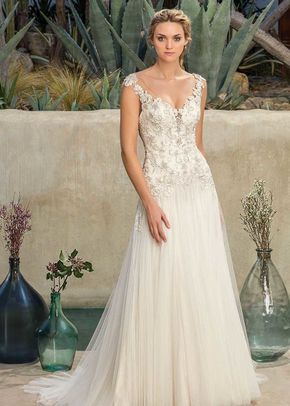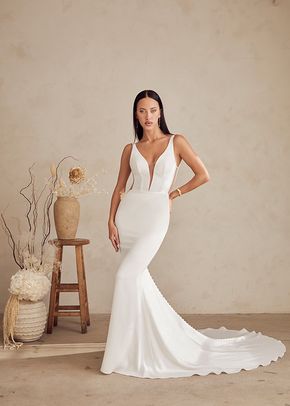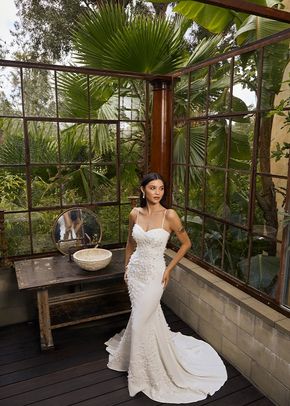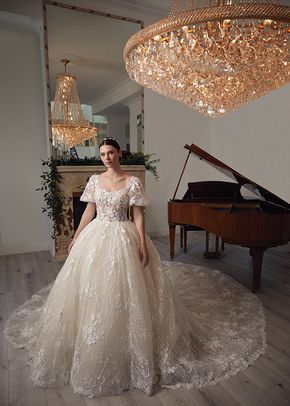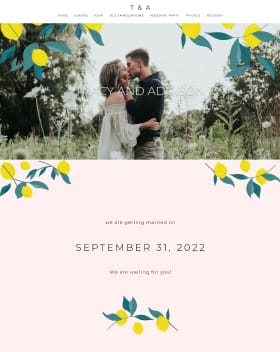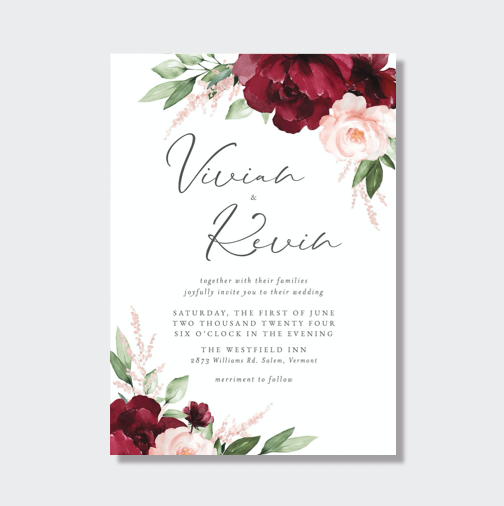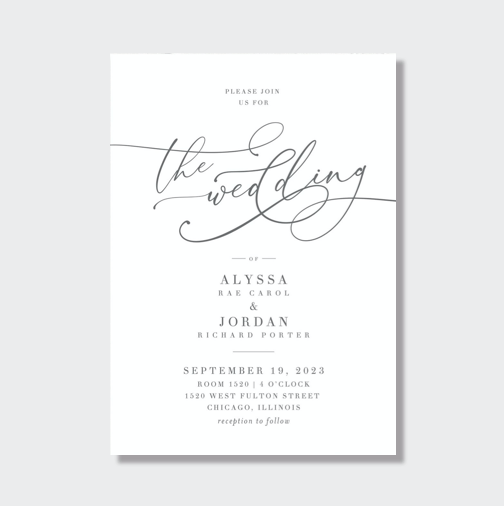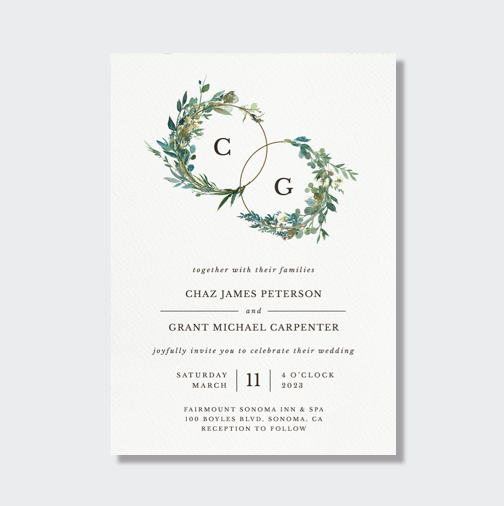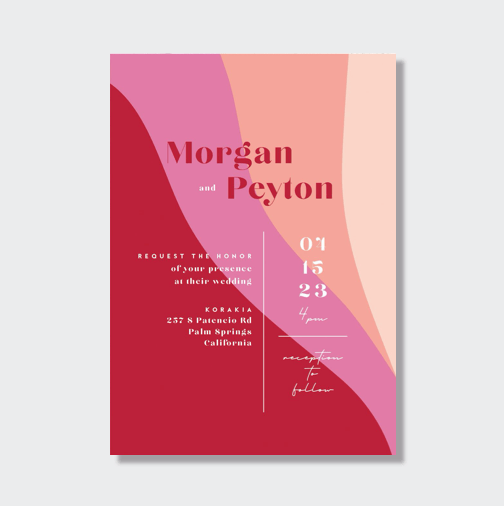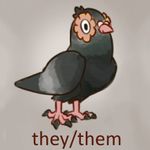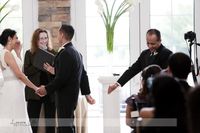I know we have a long time until we have to have the ceremony service written, but my FH and I had a disagreement last night about the Sheva Brachot/Seven Blessings. I have to return a book pretty soon, so we jumped into it kind of early. We are barely having a Jewish wedding since I've axed most things at his preference. We're both Jewish by birth, but he doesn't believe in anything and hasn't participated in anything but holiday dinners since he was 5 because he thought the Bible was that farfetched at a young age.
At this point, he's okayed the Sheva Brachot being read in Hebrew, but doesn't want the traditional translation read because of how much it mentions God. I'm okay with this, but I can't find a translation/interpretation we both like.
Has anyone found an interpretation free of the mention of God, maybe just for the last 2-3 blessings? They're the ones that focus on the couple and marriage.



